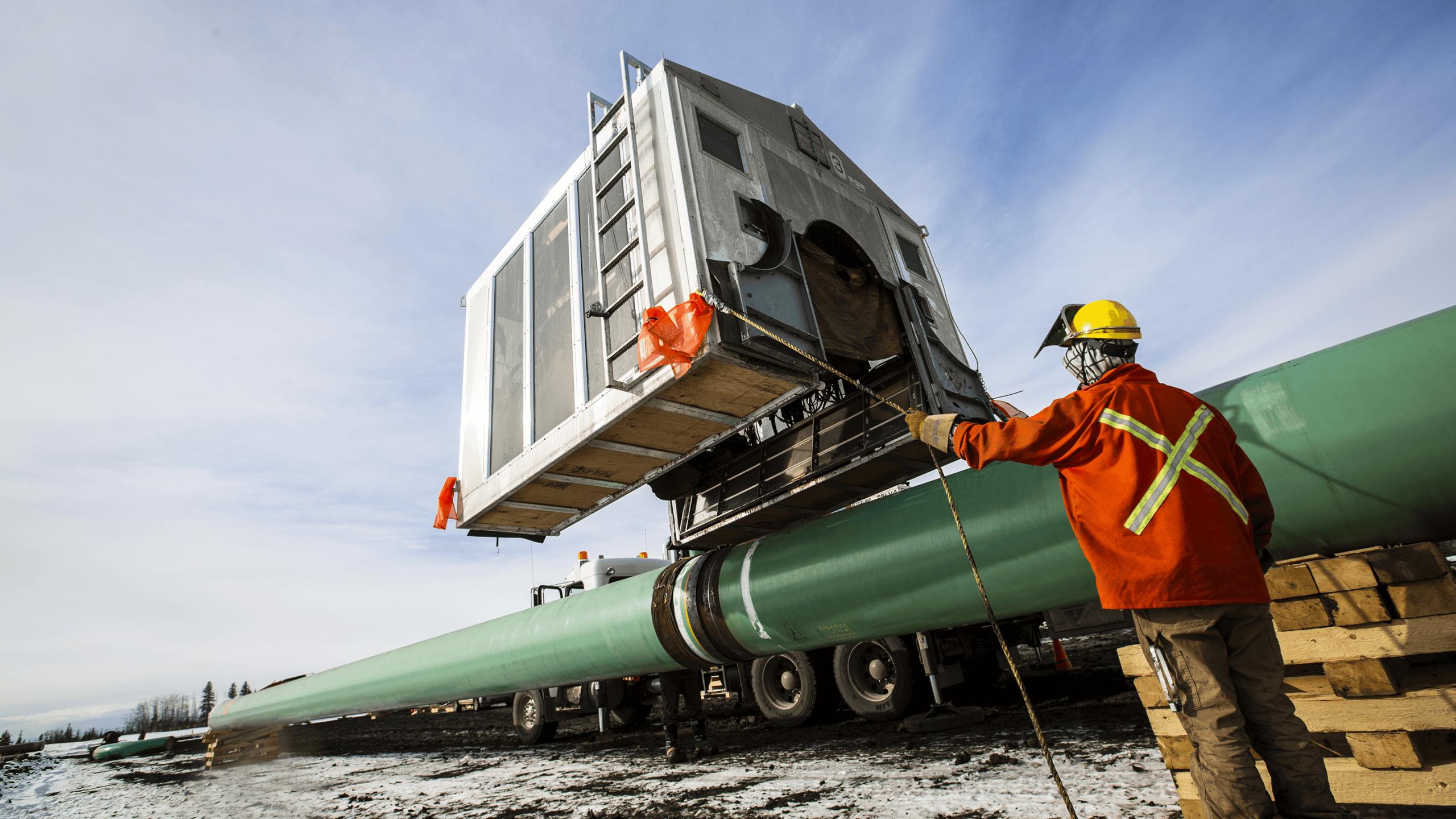Immigrant wages in oil and gas extraction are 71% higher than in manufacturing

It also so happens that oil and gas, measured as a percentage of nominal GDP, is three times the size of the automotive sector and nearly seven times that of the aerospace sector.
But if the taxi driver was on to something about oil, gas and the economy, he was also prescient in sensing that the sector matters to Canadians in other ways, immigrants included.
In a new Fact Sheet just released by the Canadian Energy Centre, we found that newer immigrants (i.e., landed immigrants) have done well in Canada’s oil and gas industry.
For starters, 15,600 landed immigrants now work in oil and gas extraction, not including pipelines, refineries, or financing related to oil and gas. That’s nearly double the number employed in oil and gas extraction back in 2006, the earliest year for which comparisons are available.
Such immigrants to Canada are also doing well with the weekly pay “packet.” To get a sense of how well, consider that the average weekly wage for landed immigrants in Canada in 2020 was $1,082 in agriculture, forestry, fishing and hunting; $1,262 in manufacturing; $1,346 in construction; $1,792 in utilities; and a whopping $2,161 per week in oil and gas extraction.
Or put another way: landed immigrants made twice as much in oil and gas extraction last year as did landed immigrants who worked on Canada’s farms, other agricultural jobs or in fishing. Those are all good jobs, but nowhere nearly as well paying as getting oil and gas out of the ground, into a pipeline, to a refinery, and then to Canadians and others for use every day in everything from plastics for smartphones to powering hospitals, schools and homes.
Are there other reasons why immigrants to Canada would be attracted to oil and gas extraction as a career? Increasing wages is another possible attraction.
Between 2006 and 2020 the average weekly wage rose by $200 in agriculture, forestry, fishing and hunting, and by $265 in utilities. Manufacturing wages rose by $291 in that same period with construction wages up $357. In comparison, in the oil and gas extraction sector, weekly wages for landed immigrants rose by $711 between 2006 and 2020, or twice as fast as the in the construction sector.
Depending on their education and specialization, immigrants to Canada will find jobs in any number of industries than can range from the service sector, i.e., hotels and restaurants, to agriculture and on to oil and gas extraction if they have training in occupations such as engineering or accounting.
In the latter example, that those with such qualifications would naturally be attracted to and a “fit” for oil and gas extraction makes sense from any number of perspectives: for immigrants themselves, obviously, given the high compensation levels. It also makes sense for Canada as a whole, as niche jobs in the oil and gas extraction sector cannot always be filled by existing workers.
Regardless, the existence of the oil and gas extraction sector makes sense for existing Canadians—something the taxi driver well knew—and for newer arrivals as well.
Mark Milke and Ven Venkatachalam are with the Canadian Energy Centre, an Alberta government corporation funded in part by carbon taxes. They are authors of the report, New Canadians and the Oil and Gas Extraction Sector.
Share This:





 CDN NEWS |
CDN NEWS |  US NEWS
US NEWS 

































Canada’s Advantage as the World’s Demand for Plastic Continues to Grow